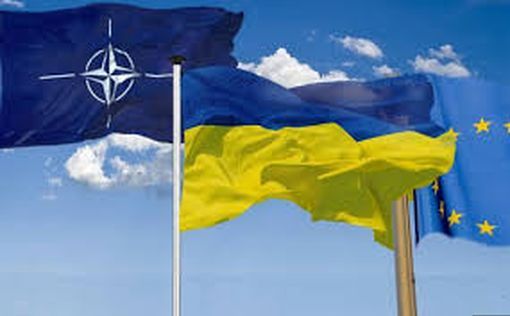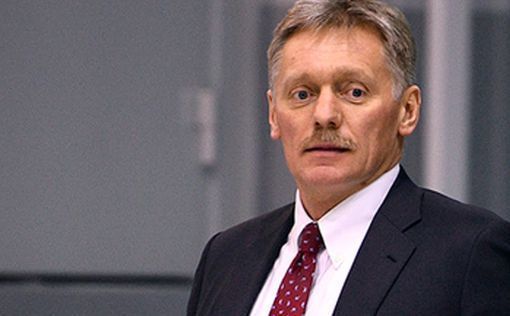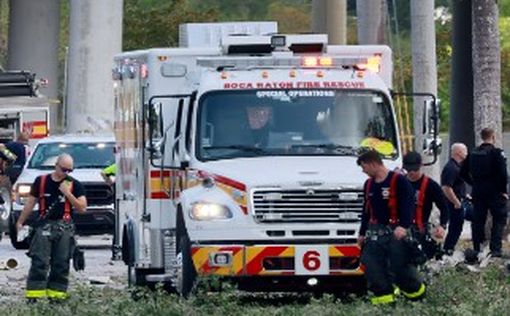In a significant shift in international defense collaboration, the United States has relinquished its leadership role in the Ukraine Defense Contact Group (UDCG), commonly known as the Ramstein Group. This coalition, comprising 57 nations—including all NATO members and the European Union—has been pivotal in coordinating military support for Ukraine since its inception in 2022.
The transition comes as U.S. Defense Secretary Pete Hegseth opted not to attend the April 11 meeting, marking the first such absence since the group’s formation. While initial reports suggested a complete U.S. withdrawal from the meeting, subsequent information confirmed that Secretary Hegseth participated virtually, indicating a continued, albeit reduced, American involvement.
Dutch Defence Minister Ruben Brekelmans acknowledged the change in leadership, stating that the chairmanship has been taken over by Germany and the UK. citeturn0search0 This development aligns with the Trump administration’s broader strategy to encourage European allies to assume greater responsibility for regional security. Secretary Hegseth has previously emphasized that Ukraine’s NATO membership is not a realistic outcome of a negotiated war settlement, urging Europe to take the lead in regional defense.
The April 11 meeting, co-chaired by the UK and Germany, focused on bolstering Ukraine’s air defense capabilities, discussing new arms deliveries, and enhancing defense-industrial cooperation. Ukrainian President Volodymyr Zelenskyy highlighted the need for additional air defense systems, including Patriot systems, and the possibility of establishing weapons manufacturing plants in Ukraine.
This leadership transition within the UDCG reflects a broader recalibration of international defense roles, with European nations stepping up to fill the void left by the United States. While the U.S. remains a participant, its reduced role signals a shift towards a more Europe-centric approach to coordinating military aid for Ukraine.
As the geopolitical landscape continues to evolve, the effectiveness of this new leadership structure in sustaining support for Ukraine will be closely monitored by the international community.




